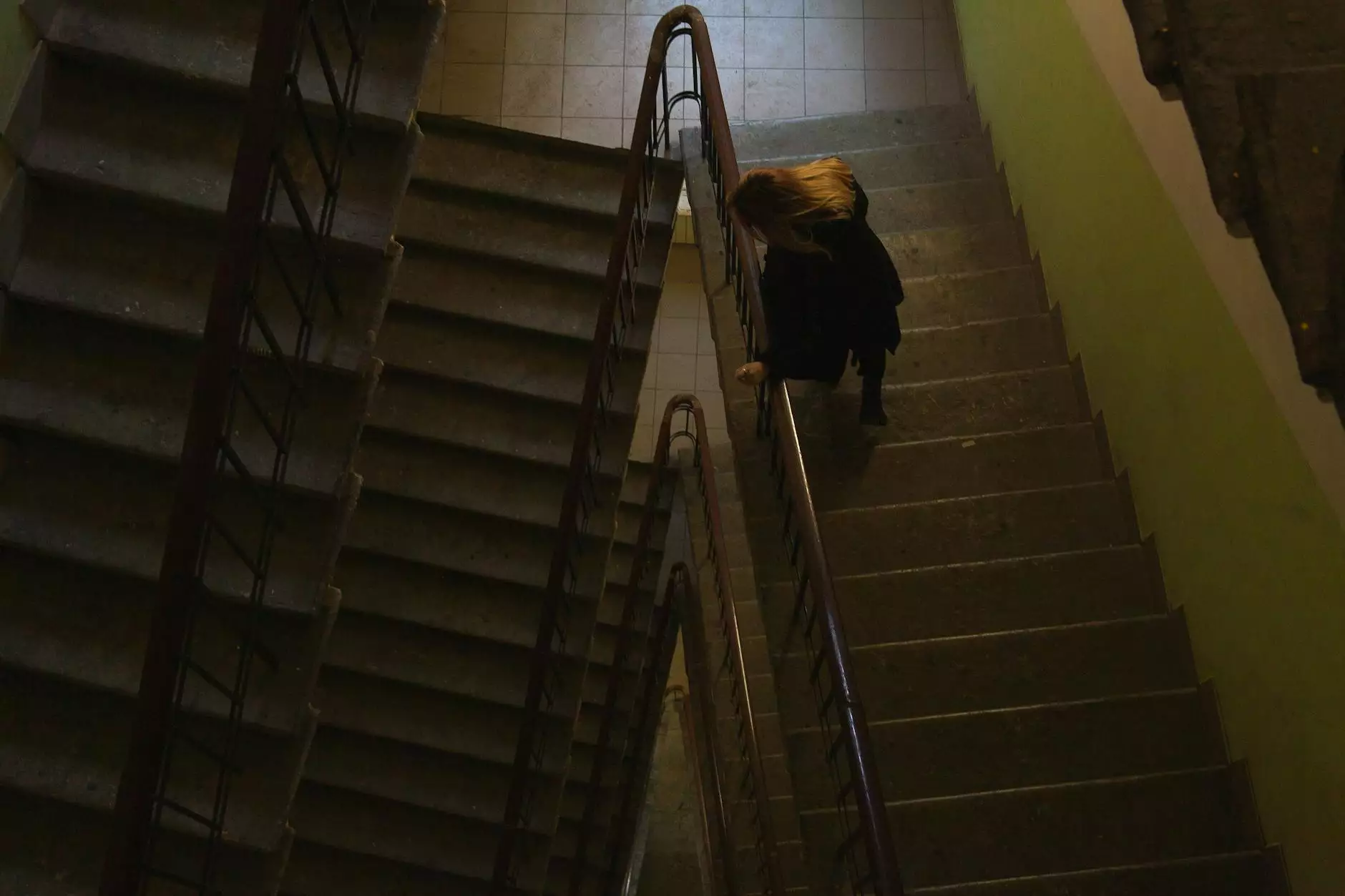Eviction Process for Commercial Tenants

Introduction
Welcome to the informative guide on the eviction process for commercial tenants brought to you by Eviction Law Firm. As a leading provider of legal services specializing in real estate law, we aim to equip landlords and tenants with the essential knowledge required to navigate this complex process successfully.
Understanding Commercial Evictions
Commercial evictions involve the legal process of removing a tenant from a commercial property due to various reasons such as lease violations, non-payment of rent, or breach of contract. Unlike residential evictions, commercial evictions require careful attention to detail and a sound understanding of applicable laws and regulations.
The Importance of Legal Representation
When facing a potential commercial eviction, both landlords and tenants can greatly benefit from seeking professional legal representation. Eviction Law Firm, with its extensive experience in handling eviction cases, can provide invaluable guidance and ensure your rights are protected throughout the process.
The Eviction Process - Step by Step
1. Review Lease Agreement
The first step in any commercial eviction process is to carefully review the lease agreement. This legal document outlines the rights, responsibilities, and obligations of both parties involved. Understanding the terms and conditions established within the lease agreement is crucial to initiating a successful eviction process.
2. Serve the Notice
Once it becomes evident that a commercial tenant is in violation of the lease agreement, the landlord must serve an appropriate notice. This notice serves as a formal warning to the tenant, explaining the breach and providing a reasonable timeframe for rectification. Depending on the severity of the violation, different types of notices may be applicable, such as a Pay Rent or Quit Notice or a Cure or Quit Notice.
3. Filing the Eviction Lawsuit
If the tenant fails to rectify the violation within the notice period, the next step is to file an eviction lawsuit with the appropriate court. Eviction Law Firm's expert attorneys can guide landlords through this process, ensuring that all necessary documentation is filed accurately and within the designated timeframes.
4. Court Proceedings
Once the eviction lawsuit is filed, court proceedings will begin. Both the landlord and tenant will have the opportunity to present their case and provide supporting evidence. It's crucial to prepare adequately for court proceedings, as the outcome will determine the success of the eviction process. Eviction Law Firm can help you gather the necessary evidence and represent your interests in court.
5. Writ of Possession
If the court rules in favor of the landlord, a Writ of Possession will be issued. This document grants the landlord the legal right to repossess the property and remove the tenant. However, it's essential to adhere to all legal procedures during the eviction process to avoid potential complications or legal issues.
Important Considerations for Landlords and Tenants
1. Know Your Rights and Responsibilities
Both landlords and tenants must have a thorough understanding of their rights and responsibilities as outlined in the lease agreement and relevant laws. Being well-informed will help prevent potential disputes and facilitate a smoother eviction process.
2. Seek Professional Guidance
Engaging the services of legal professionals specializing in eviction cases can significantly increase your chances of achieving a favorable outcome. Eviction Law Firm has a team of highly skilled attorneys who can provide expert advice and support throughout the entire process.
3. Communicate and Negotiate
In some cases, commercial eviction disputes can be resolved through open communication and negotiation between the landlord and tenant. Explore the possibility of reaching a mutually beneficial agreement before resorting to legal action.
4. Document Everything
Accurate documentation is of utmost importance in commercial eviction cases. Keep detailed records of all communications, notices, and any relevant incidents related to the lease violation. This evidence can prove crucial during court proceedings.
Conclusion
As you have discovered, the eviction process for commercial tenants requires a thorough understanding of the legal procedures involved. Eviction Law Firm, with its expertise in legal services and real estate law, is dedicated to providing comprehensive guidance and support to landlords and tenants throughout the eviction process. By seeking professional assistance and adhering to best practices, both parties can maneuver through this complex process successfully.









